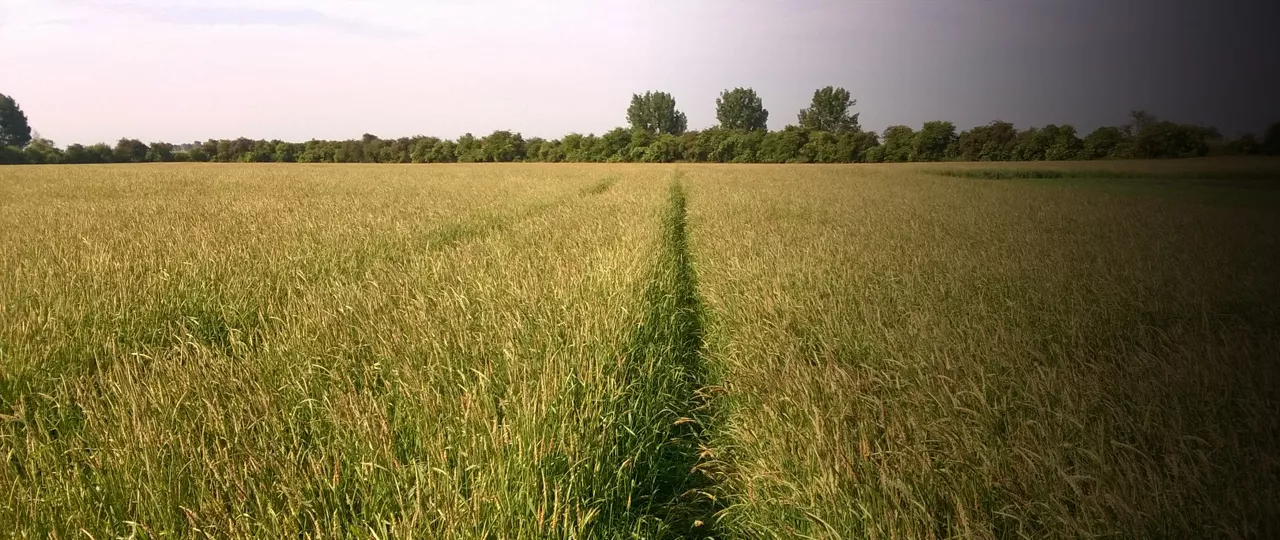
Jason Beedell
Director, Research


Director, Research
Every few years in the farming industry a new phrase or concept comes along that grabs the headlines and the attention of policy makers.
Throughout the 2000s, in the wake of the foot-and-mouth crisis, there was huge focus on the need for the farming industry to ‘reconnect’ with the consumer.
Five years ago, this was edged aside by the idea of ‘sustainable intensification’, which was a response to the challenges of increasing demand for food from a growing global population, in a world where land, water, energy and other inputs are in short supply.
Neither of these issues have gone away. In fact, they are still highly relevant, but there is a new phrase (or two) in town which farmers should expect to hear a lot more of – ecosystem services and natural capital.
So what are they and why are they of relevance to farmers and landowners?
You can find lengthy definitions on the internet but, in short, payments for ecosystem services is the idea that landowners will enter into long-term contracts where they will be paid to deliver the environmental outcomes that government and others want and need.
These outcomes might be to reduce flooding, offset carbon emissions, improve soil management, raise water quality or boost biodiversity.
What this means on the ground will differ according to the end goal - many landowners are already investing in the ‘natural capital’ of their farms to produce the desired results, while others will have to do more.
It differs to existing agri-environment schemes because the contracts can focus on agreed measurable environment outcomes and the payments on offer reflect that, whereas schemes such as Countryside Stewardship are based on a standard income-forgone formula.
The potential for businesses to invest in their natural capital to sell ecosystem services was an area highlighted at the recent CLA Rural Business Conference, of which Strutt & Parker was a key supporter.
While the market is still very much in its infancy, there is a belief that, with time, it has the potential to be an exciting new form of on-farm diversification for landowning rural businesses.
There are already some pioneers showing how it might be done.
For example, in the south west of England farmers are being paid by one water company to fence their livestock away from rivers in order to improve water quality.
Thames Water has also decided to pay farmers to reduce their use of metaldehyde slug pellets, realising this is a better approach than having to pay to remove the chemical in its treatment plants.
Another example involves global giant Coca-Cola which, as a major buyer of sugar from UK-grown beet, was keen to get involved in a project which seeks to reduce the amount of sediment running off fields into East Anglia’s chalk streams.
The project, which also involves WWF-UK, has seen Coca-Cola provide funding to support farmers in two chalk stream catchments to improve the way they manage their land and reduce the impacts of production on the freshwater environment.
If the provision of ecosystem services is to become mainstream, there’s still work to be done on working out the mechanisms and framework for how it will work. That could take another five to 10 years.
But if we can get the markets to function properly, then this sector could provide landowners with an opportunity to lock into long-term income streams for periods of 10 years or longer. It’s an exciting prospect.